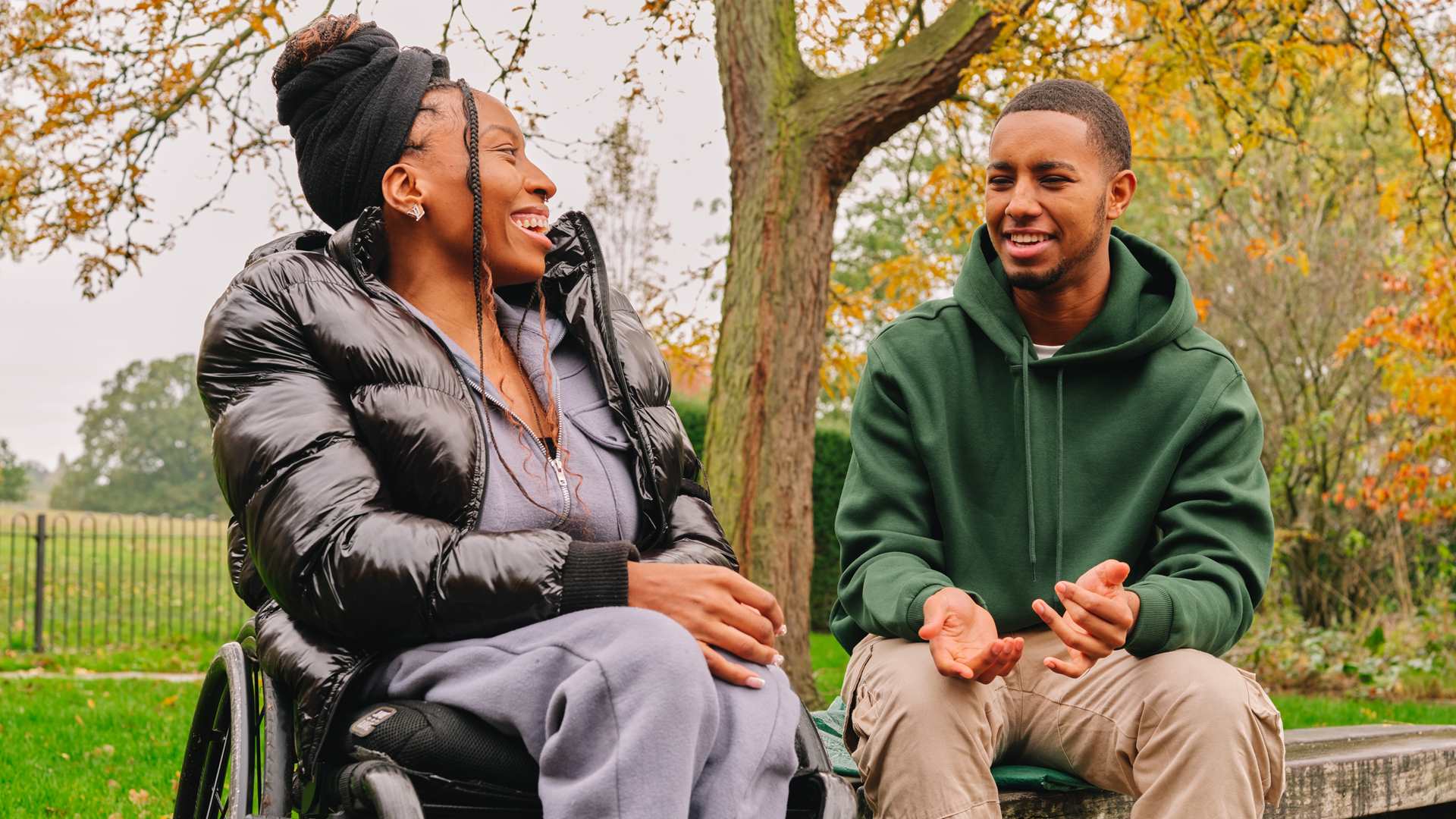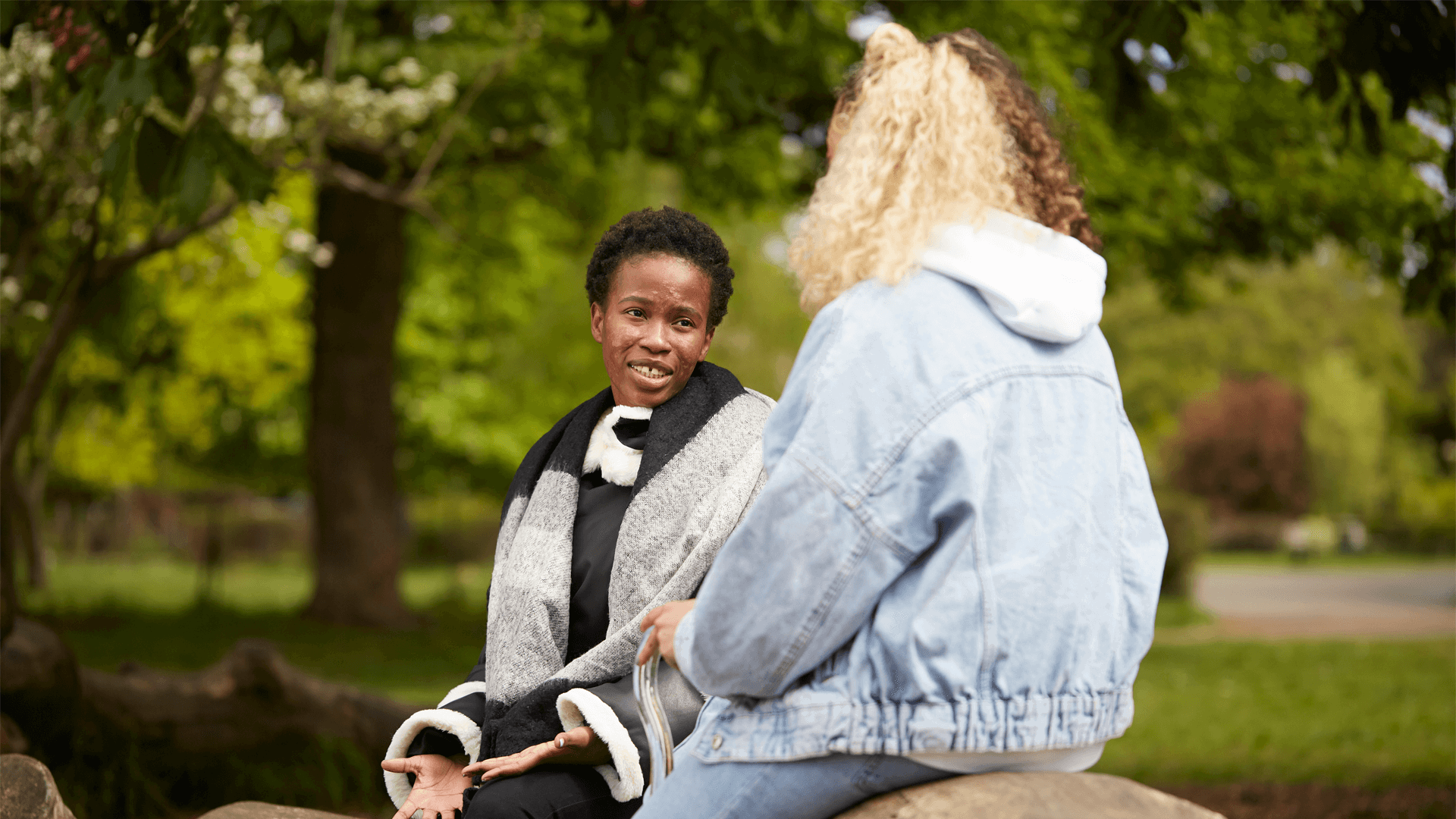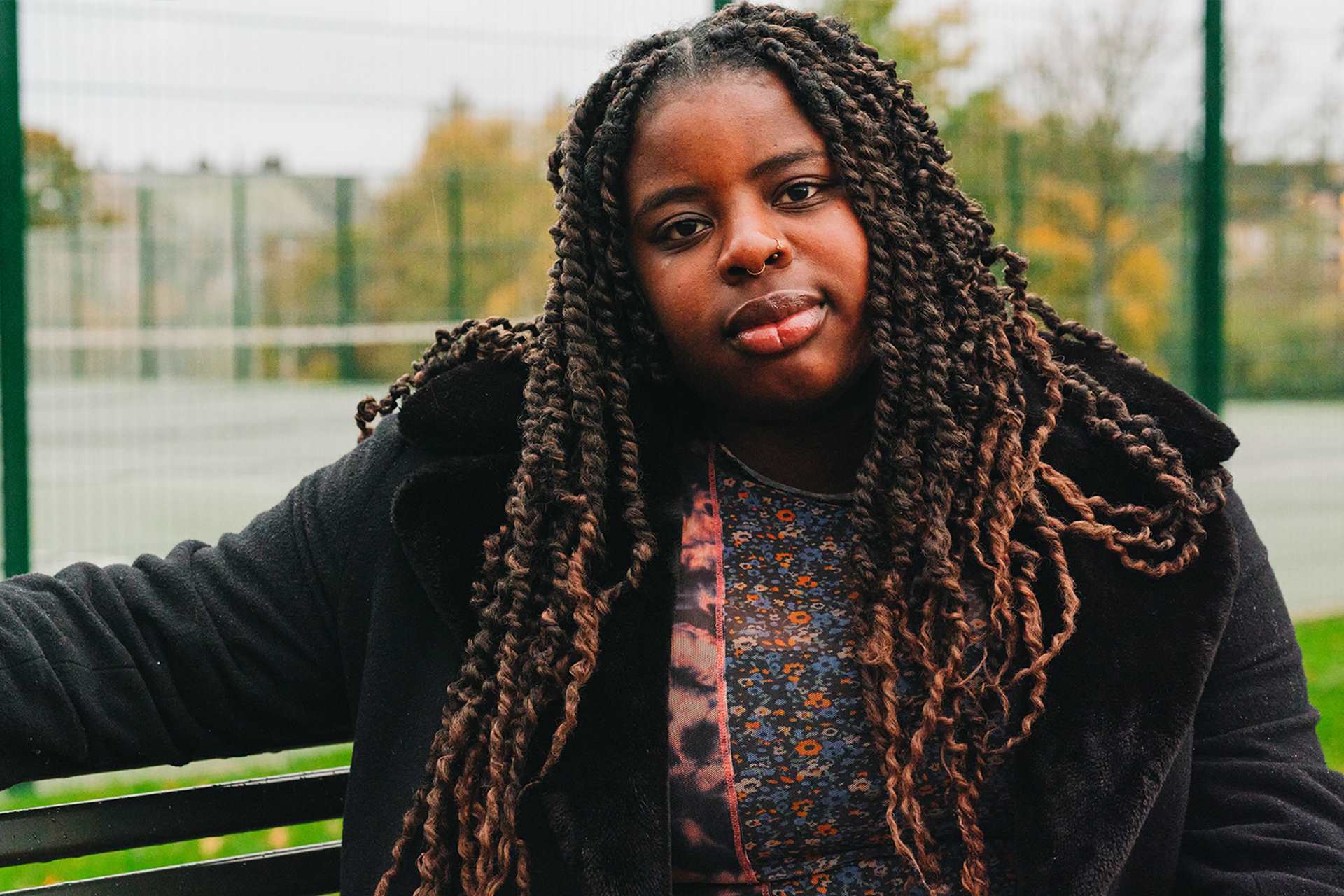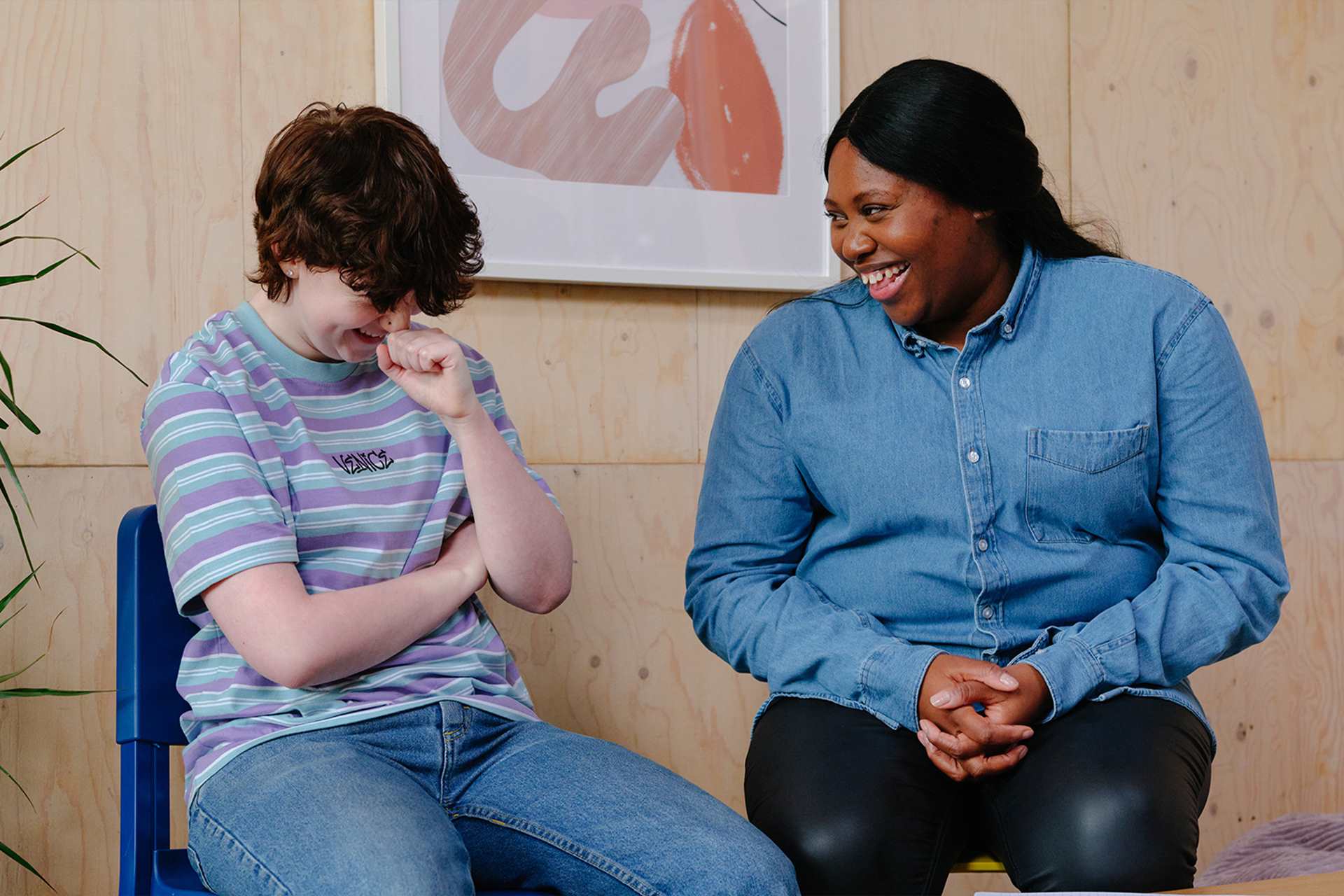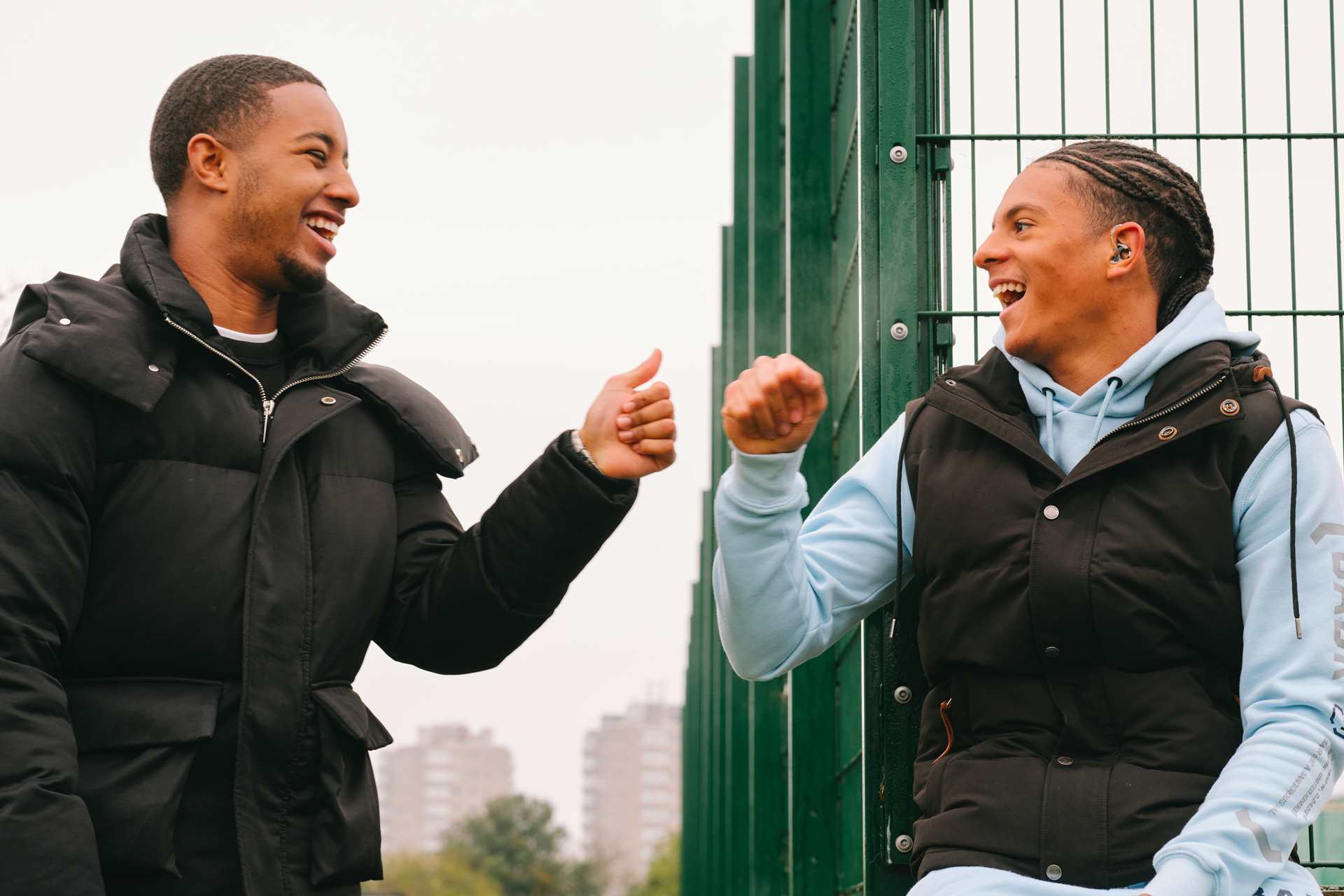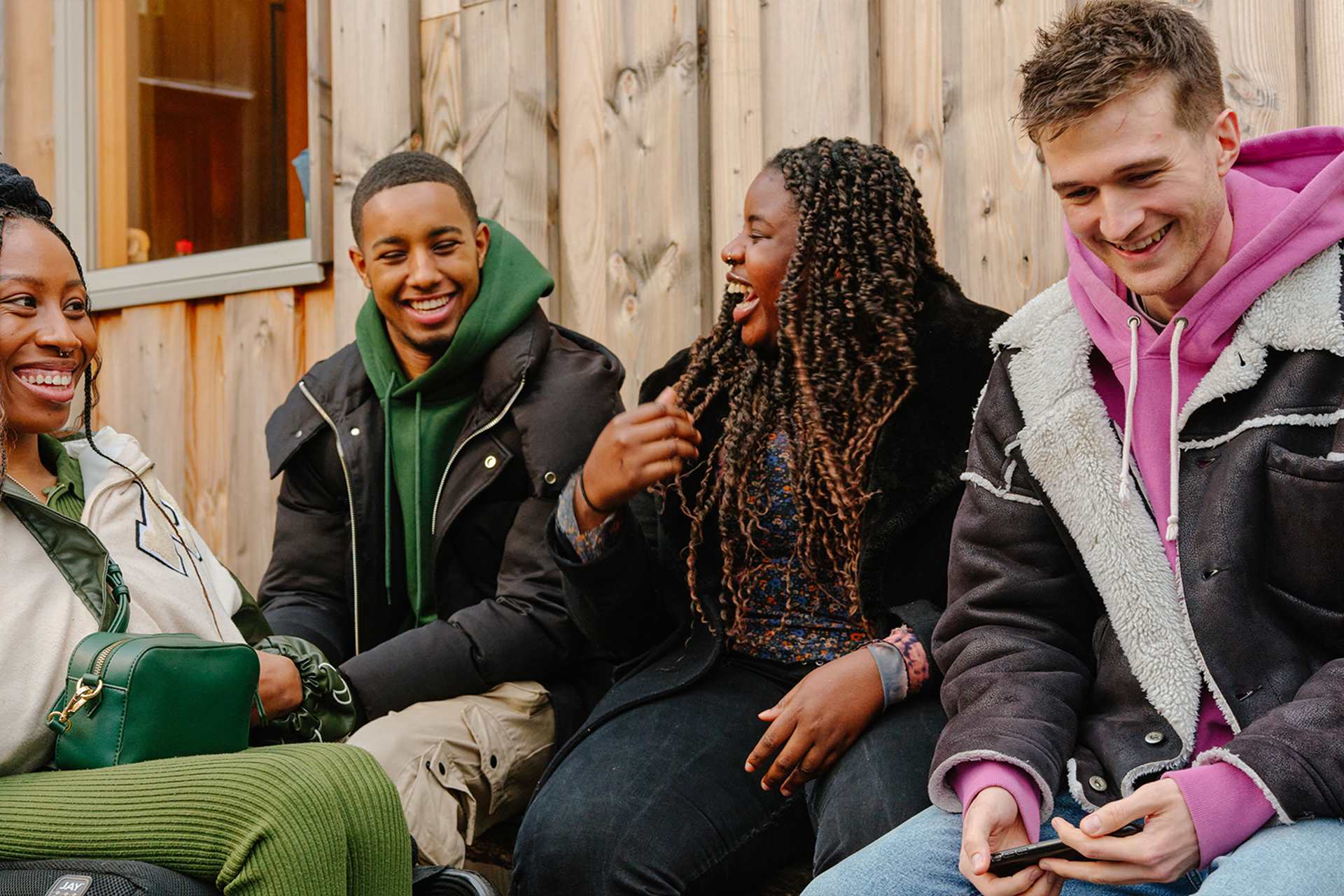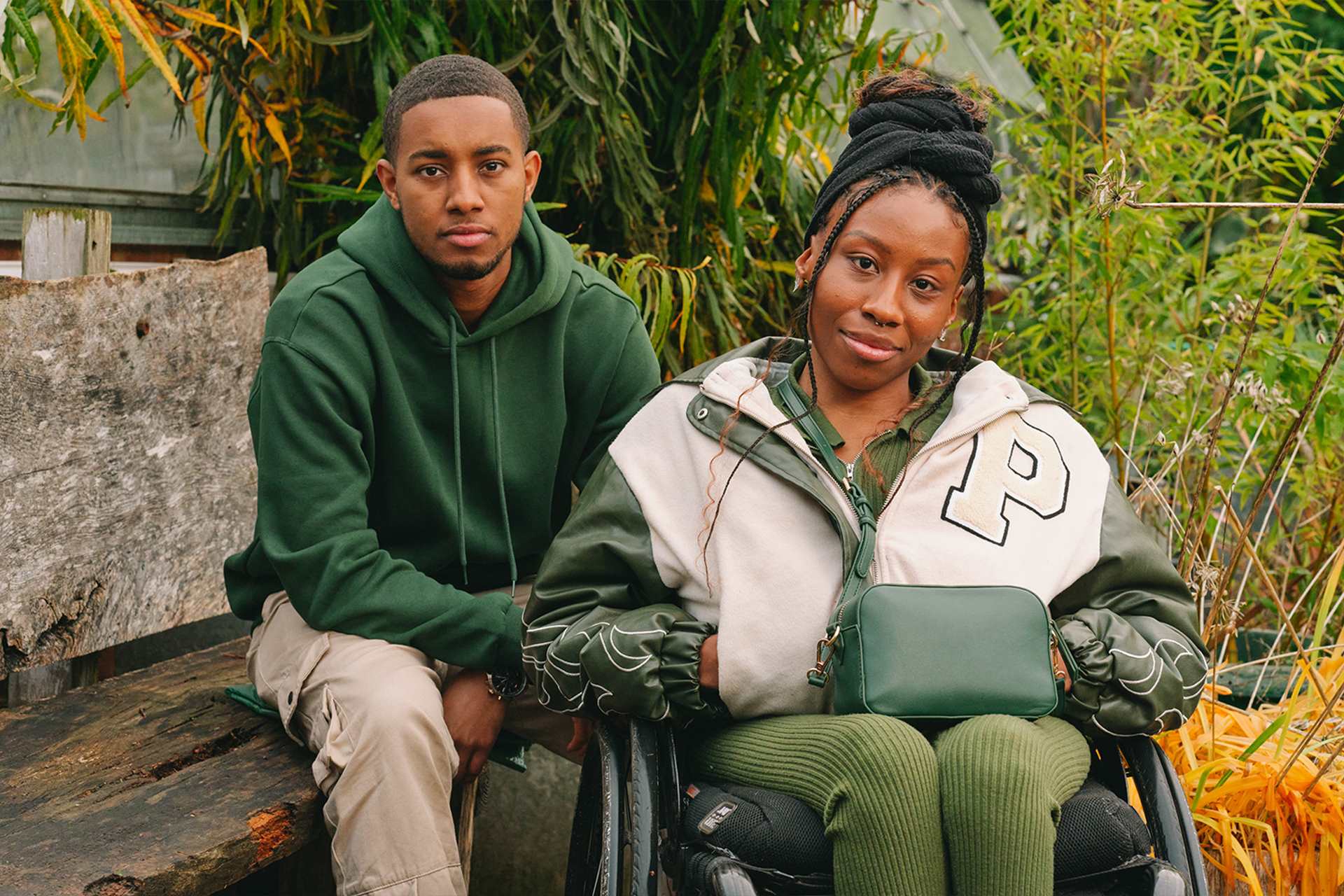Frequently asked questions
Your first prescription for a mental health medication may come from your GP, but more than likely it will be from a specialist doctor (often a psychiatrist). In the first few weeks of taking your medication, you may have to see or speak to this doctor over the phone again, to check how you’re doing. Later on, it may be a nurse or pharmacist who prescribes you your medication.
Once you are stable on a medication, you may see other mental health professionals for repeat prescriptions and regular follow-ups. It’s important not to miss any appointments - these are good opportunities to ask questions and voice concerns.
If you’re having a long-acting injection, this may be given to you at a hospital and you’ll need to go back every few weeks for further doses. It’s important not to miss or delay your appointments, otherwise your symptoms might come back.
If you’re doing well on your medication, you may start getting a repeat prescription direct from your GP. This means you won’t have to go back to your mental health team as often, though you’ll probably still have occasional check-ups.
You should have a written care plan that details what medications you’ve been prescribed and describes any other planned treatments. The plan may also tell you what to do if you’re worried about anything or feeling unwell.
Whether you are getting your medication from a hospital or your GP, you’ll need a prescription. This is a printed order for a medicine that you give to your pharmacist so they know which medicines to give you, and at which dose.
Prescriptions with FP10 or FP10HP printed on them means your medication can be dispensed (given out) at any pharmacy. Other prescriptions can only be dispensed from your local hospital pharmacy. If you are not sure where this is, ask the person giving your prescription to you.
Private prescriptions
Some medications are not available on the NHS but can be provided on a private basis. A private prescription must be paid for, even if you normally qualify for free NHS treatment. Ask the pharmacist how much they will charge before you get them to dispense your medication, as there will not be set fees like NHS prescriptions.
Notes for young people in Scotland:
A prescription from a GP is called a ‘GP10’ and a prescription from a hospital is called an ‘HBP.’
Notes for young people in Wales:
A prescription from a GP is called a ‘WP10’ and a prescription from the hospital is called a ‘WP10HP.’ They are bilingual, being printed in both the Welsh and English language.
A pharmacist is an expert on medicines and is the person who gives you your medication. When you start taking a new medication, it’s a good idea to go and talk to your local pharmacist. Although you can use a different pharmacy every time you get your prescription, there are some advantages to finding a pharmacy and pharmacist that you like and sticking with them.
Using the same pharmacist means:
- If you ever need an emergency supply of your medicine, your details can quickly and easily be accessed.
- If you want to buy medicine over the counter to treat a common illness, your pharmacist can check whether it would cause any problem if taken alongside your prescription medicines.
- If you have personal requests like wanting sugar-free medicine, a note can be added to your record so that you won’t have to ask every time.
- If you have been prescribed an unusual or uncommon medicine, they can keep it in stock for you.
- If you want to ask about your medicine history, your pharmacist can look back through your records to see what you have been prescribed and at what dosage.
You can visit a pharmacy without an appointment during opening hours or give them a call to discuss any aspect of your medication. Most pharmacies have quiet areas or rooms where you can have a private talk with the pharmacist. Don’t be afraid to ask if you can use these if you want to talk about a sensitive subject.
If you prefer speaking with a specific member of staff or would feel more comfortable talking to a man rather than a woman or vice versa, it’s okay to ask for this too. You may have to come back later, or on another day, if the right person is not immediately available.
Your pharmacist can also offer you an annual Medicine Use Review (MUR). In this, they will talk about what your prescribed medications are for and how effective they are proving. The pharmacist won’t routinely discuss this review with your GP although they may write to them to suggest a change in your medication after talking with you. You should be given a copy of this letter.
Notes for young people in Scotland:
Pharmacists in Scotland can help you with your medicines using the Chronic Medication Service (CMS). There are special resources in the CMS for taking lithium or clozapine.
Many people take medicines for a long time, for all kinds of conditions. When they need a new supply from their GP, rather than get a new prescription, they can ask for the same prescription they had before. This is what's known as a ‘repeat prescription’.
Try not to leave ordering your repeat prescription until you have run out of your medication. When you can see that you have a week left of your medicine, put your order in then, so that you have time to get hold of the new medication supply before the old one runs out.
Some GP practices now let you order repeat prescriptions online at a special website. If you are interested in this, ask your GP or practice receptionist for more information.
If this is not possible, the process for getting a repeat prescription is usually as follows:
- There should be an ordering slip attached to your last prescription. Simply tick the medication(s) you want to order and hand it in at the GP reception desk.
- If you do not have a slip, write down your name and address and which medicine(s) you need on a piece of paper, and hand it in at the GP reception desk. Some GP practices also have request forms at the desk.
- There will be a short wait until you can go back to the GP practice to collect your prescription. This is usually two ‘working days’ (not including weekends or bank holidays).
- Take the prescription to the pharmacy and hand it to the pharmacist. They will normally be able to hand over your medication then.
Most medicines are kept in stock, but if the medication you need is not available then it may have to be ordered in. This means that you might have to wait until the next day for it.
Some pharmacies offer a service where they will order and collect your repeat prescription from your GP. You phone the pharmacy when you need your medicine and then pick it up direct from the pharmacy a few days later. Ask at your local pharmacy if you would like them to help you with this.
Every so often, your GP or practice nurse will ask you to have a medication review, either in person or over the phone. They may want you to do this before they give you a new prescription to check that your medication is still right for you.
- Create a routine for the day.
- Set clear boundaries in your personal, school or professional life.
- Reflect on the day and what you achieved - this can be as small as getting to school/work or getting through a lesson.
- Remove yourself from any stressful situations.
- Find the best ways for you to cope in social situations.
- Look at local support groups.
- Recognise potential triggers that might make your symptoms worse. These will be unique to each person but could include being over-stimulated.
If you live in Scotland or Wales, prescriptions are free of charge. You must be registered with a Scottish or Welsh GP and get your prescription from a pharmacy in those countries. There are also ‘entitlement cards’ if you live near a border with England. Ask your doctor or pharmacist about this.
If you live in England, you may need to pay for your prescription. There are ways of getting help if you are struggling financially.
The back of the prescription form lists who is exempt from paying medication. You do not have to pay for your prescription if you:
- are aged under 16
- are aged 16, 17 or 18 and are also in full-time education
- have a maternity exemption certificate (for pregnant women and mothers of a child up to 12 months old)
- have a medical exemption certificate (this covers some physical health conditions - check with your GP)
- receive Income based Jobseeker’s Allowance or Universal Credit
- receive Income Support or Income–related Employment and Support Allowance or your family receives Tax Credits
You may be asked to show a certification of exemption, but if you are not able to do this your medication will still be provided. If you have applied, but not got your certificate yet, you should pay the charge and ask for an NHS England receipt. You can claim a refund from NHS England when you get your certificate. Your pharmacist can show you how to do this.
Students older than 18, and others aged over 16 on low incomes but not receiving benefits, may get help with prescription costs from the NHS.
To apply for this, you need to complete an HC1 form which can be supplied by your GP or pharmacy. You may also have to send proof of your income.
Young people aged 16-17 leaving care can get a short version of the HC1 and your key worker should help you to complete it.
If you qualify for help, you will receive a HC2 certificate. When you get it, you should look on the back of your prescription and tick the ‘is named on a current HC2 charges certificate’ box.
If you do not qualify for free prescriptions, a prepayment certificate (PPC) could save you money.
You can get a three-month or 12-month PPC and can buy these online.
When you have your certificate, look on the back of your prescription and tick the ‘has a valid prepayment certificate’ box. If you have applied, but not got it, you should pay the charge and ask for an NHS England receipt (FP57). You can claim a refund from any community pharmacy when you get your certificate. Refunds are valid for three months.
For information on help with prescription costs, see below:
England - help with prescription costs
Wales - understanding free prescriptions
Useful information about health costs across the UK (including Northern Ireland)
If you run out of your medicine before your next prescription is ready, you can go to a pharmacy and ask for an ‘emergency supply’. Take your empty box with you, if you can.
You should be given at least five days’ supply of medicine and may be asked for a small payment to cover the cost of this. Alternatively, you may be given the emergency supply as a ‘loan’, which is then taken out of your next prescription when this is dispensed.
If you pay for your prescription, they might take the prescription charge to cover your emergency supply and then you won’t have to pay it again when you bring in your prescription.
If the pharmacist questions whether your case is an emergency, remind them that if you have a break in supply you are at risk of your original symptoms returning or of suffering from discontinuation symptoms. The pharmacist must make the final decision, however, and may refuse your request.
If you are not able to get a supply from the pharmacy, contact your hospital team or go to the nearest hospital with your empty medication box.
You are not able to get an emergency supply from the pharmacy for medicines like methylphenidate or methadone as they are in prohibited controlled drug schedules and the pharmacist must obey the law.
Some controlled drugs in lower restricted schedule, e.g. benzodiazepines (and drugs ending-azepam) are allowed but with a maximum of five days supply. However, the pharmacist will make a professional decision after having a chat with you.
For other medicines that are not in controlled drug schedules, you can be supplied up to one month (30 days maximum).
If you are under 16, it may be harder to get an emergency supply because pharmacists might be uncomfortable giving medicine out to a young person on their own. In those cases, take an adult you trust with you.
Notes for young people in Scotland:
There is a national ‘Community Pharmacy Urgent Supply (CPUS)’ scheme. It works in a similar way to the system described above, but the pharmacist can write a prescription and a copy of it goes to your GP.
When you stop taking a medicine or it goes out of date, it’s a good idea to take it to your nearest pharmacy and ask them to get rid of it safely for you.
This is because pharmacies have special bins for disposing of tablets and liquids. Using these is much safer than putting your medication in a household bin or down the sink or toilet.
Find out more about mental health medication
Taking medication for your mental health can feel daunting, but we have lots of information and advice that can really help.
Whether you love the page or think something is missing, we appreciate your feedback. It all helps us to support more young people with their mental health.
Please be aware that this form isn’t a mental health support service. If you are in crisis right now and want to talk to someone urgently, find out who to contact on our urgent help page.
At YoungMinds we take your privacy seriously. If you’d like to read more about how we keep the information we collect safe, take a look at our privacy policy.
